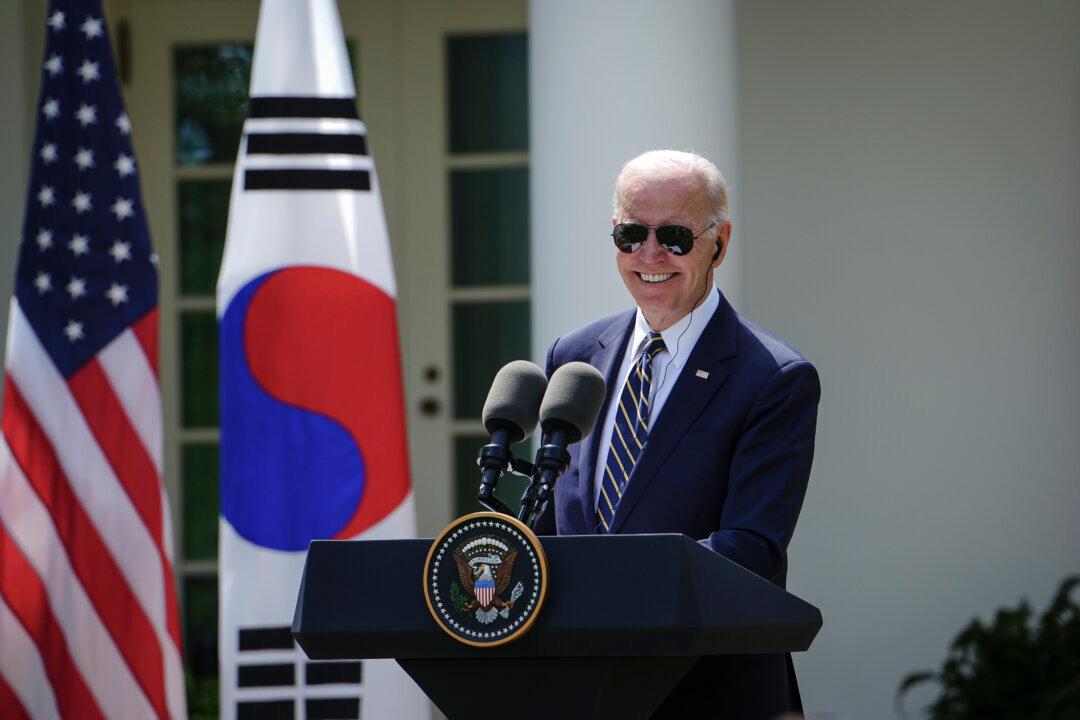The United States and South Korea have maintained an “ironclad alliance” for more than seven decades because of their shared beliefs in democracy and freedom, U.S. President Joe Biden said on April 30.
His remarks came after South Korean President Yoon Suk-yeol’s six-day visit to the United States that ended on April 29. The two leaders met on April 26 and signed the Washington Declaration to reaffirm their countries’ 70-year treaty.





